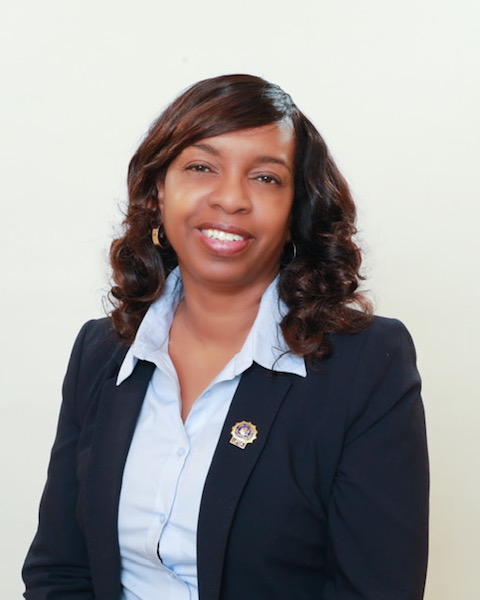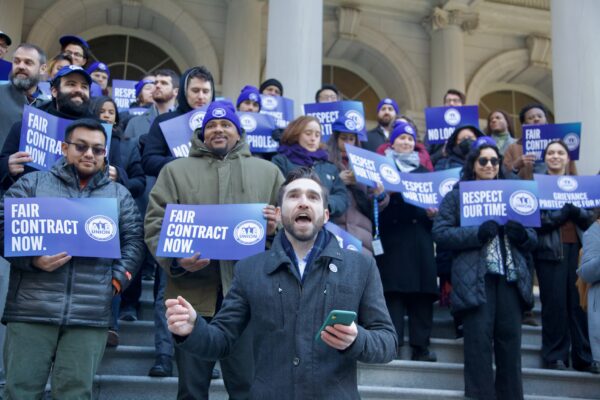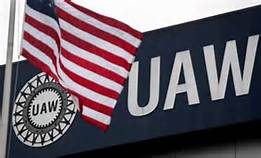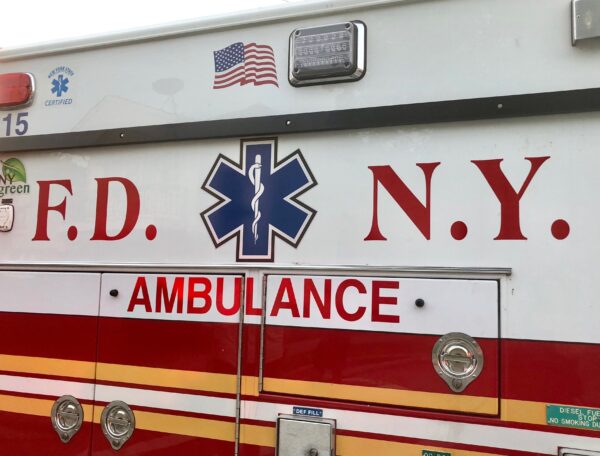New York, NY – Law enforcement agencies are not pleased with Mayor Bill de Blasio’s intention to release nonviolent offenders from prison during the coronavirus outbreak, but as that debate rages on and people discuss the toll it would take on the city’s safety, lost in the foray is the work of probation officers.

“Probation officers do work that is alternative to incarceration,” said United Probation Officers Association President Dalvanie Powell. “Probation is purely corrections/supervision. The core of our work is to supervise men, women and children that are sentenced in place within a community for a certain period.”
But the role is not only supervisory, according to Powell.
“There is the front end where officers do investigations and intakes before the people get placed in probation while in the court system, then we have to get their profiles and put documents together to use as an assessment on how to supervise them,” said Powell. “There are conditions that a person has to follow while they are in the community, and we make sure that they adhere to those conditions.”
Probation officers interview victims of crimes to also help with their reports. Some also work in the Intel Unit and collaborate with the NYPD, FBI, ICE, DOE and other law enforcement agencies, too. Their most important work, however, is rehabilitative, according to Powell, who has been a union representative since 1990 and president since 2016.
“We help our clients with enrolling in school, finding work, and even working in the arts and music,” said Powell. “We try to help them become successful and law-abiding citizens. It’s all about keeping the community at large safe.”
Powell believes that the more than 800 probation officers she represents are up for any challenge, but she doesn’t know how the early release of 1,300 inmates awaiting a trial for parole and probation violations will impact their jobs or safety during the outbreak.
“Public safety and my members’ safety is my primary concern,” said Powell. “Like all essential workers, we are at an elevated risk for the coronavirus. We are often in close contact with people.”
Powell has been in talks with the city’s Department of Probation to make sure that her members who are still on the field have proper Personal Protective Equipment [PPE] to do their jobs. Sometimes, that means purchasing PPE on her own.
“Right now my members have been equipped with devices to monitor their cases for telecommunication and reporting to supervisors because there is no contact at the office, it is closed right now,” said Powell. “They still are doing their work.”
Probation officers have also been taught how to exercise social distancing while in the field, but it’s too early to tell if there will be a strain on resources when it comes to PPE with the possible release of some inmates.
“I think it would have made more sense to separate them in the facility they were already in,” said Powell. “I don’t know what the assessment was that the city used to make their decision. Unfortunately, I’m not at the table when the city talks about these things, so I couldn’t tell you what’s the criterion.”
The Mayor’s Office has said it intends on releasing nonviolent inmates from detainment because of health concerns, but will not release those that pose a threat or have committed an offense related to domestic violence or sexual offenses.
“All I know is that if my members are going to be impacted, we should absolutely be at the table for these discussions,” said Powell.



